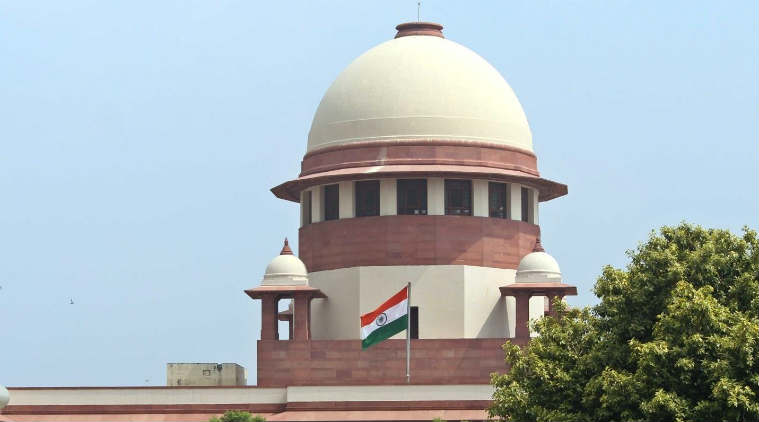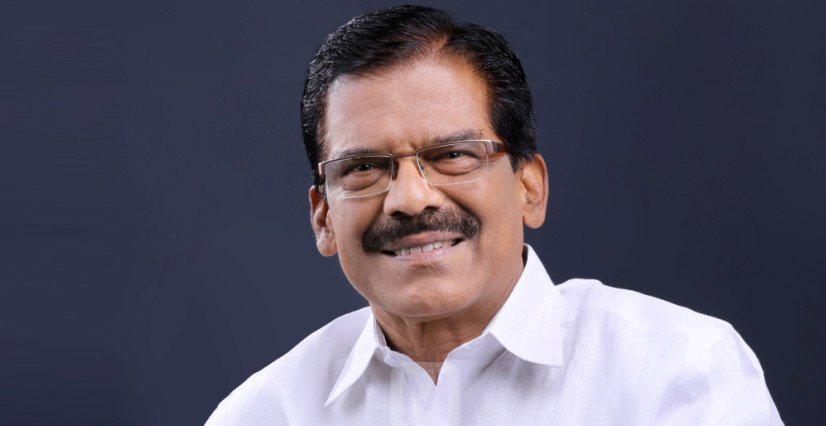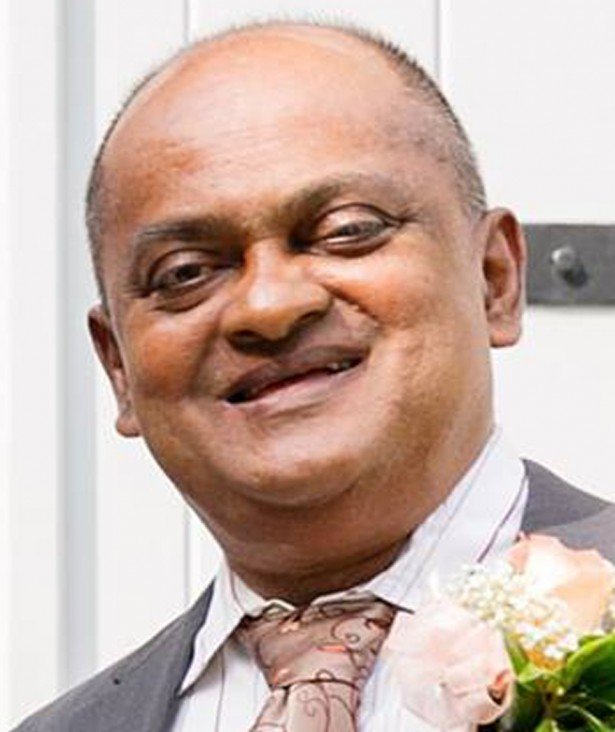When two consenting adults get married irrespective of their background, no relative or a third person can interfere or threaten or unleash violence against them, the Supreme Court today said.
The Centre too told the top court that state governments must provide protection to couples fearing for their lives due to inter-caste or inter-faith marriages and such couples should inform the marriage officers of any such threat so that they can be protected.
A bench headed by Chief Justice Dipak Misra said it will pass a detailed judgment on a plea filed by NGO Shakti Vahini, which had moved the apex court in 2010 seeking protection of couples from honor killings.
"When two consenting adults get married irrespective of their background, no relative or third person can oppose or interfere with violence or threat to their life," the bench also comprising Justices A M Khanwilkar and D Y Chandrachud said.
In an indication that it would not recognize 'khap' panchayats, the top court said it would refer to them only as an assembly of persons or as a community group.
"I will not refer to a caste or village panchayat as 'khap' but may rather say an assembly of persons or community groups, in the verdict," the Chief Justice said.
The apex court had earlier said incidents of attacks against those going for inter-caste or inter-faith marriages were "absolutely illegal" and no khap panchayat, individual or the society could question any adult woman or a man marrying of their own choice.
'Khap' panchayats are caste or community groups, present largely in rural areas of north India which at times act as quasi-judicial bodies and pronounce harsh punishments based on age-old customs. Several cases of women and men falling victim to khap diktats have been reported over the years, particularly in states like Haryana, Uttar Pradesh and Rajasthan.
Additional Solicitor General Pinky Anand, appearing for the Centre, said that couples fearing for their lives from relatives or khap panchayats should inform the marriage officer at the time of registration of their marriages.
"The marriage officer should be intimated by the couple fearing for their lives so that necessary protection can be given to the people. The state governments must provide police protection to couples who fear for their lives due to inter-faith or inter-caste marriages," she said.
Senior advocate Raju Ramachandran, assisting the court as an amicus curiae, told the bench that he had filed his suggestions in the matter, while the Centre too said it has submitted the proposals in compliance of the order of the court.
Earlier, the apex court had asked khap panchayats not to behave like "conscience keepers of society and said that a marriage between two adults was governed by the law.
It had observed that a high-level committee consisting of senior police officers would be set up to deal with issues relating to intervention in marriages by bodies like khap panchayats.
Khap panchayats had earlier told the court that they were encouraging inter-caste and inter-faith marriages and had referred to provisions of the Hindu Marriage Act which prohibit a union between 'sapinda' relationships or close blood relatives among Hindus. They had claimed that they were performing their duties as conscience keeper of society.
The NGO had sought direction to the Central and state governments for taking measures for preventing and controlling of honor crimes.
The court had then pulled up the Centre for not taking the matter seriously and not filing its suggestions on the issue, saying that such panchayats or bodies could threaten adult women and men seeking to get marri
ed. It had also sought suggestions from the petitioner, Shakti Vahini, the amicus curiae and khap panchayats on the issue.
Earlier, the court had invited khap panchayats to hear their views before issuing an order to stop them from harassing or killing couples purportedly to protect the honor of a family, caste, community or faith.
The Centre had pleaded with the apex court to put in place a mechanism to monitor crimes against women by khap panchayats, saying that the police was not able to protect such women.
The top court had also said that as a pilot project, it would examine the situation in three districts of Haryana and Uttar Pradesh where khap panchayats were active.
In 2007, a Haryana court had awarded death to five people and sentenced one person to life for killing a couple on the orders of a self-styled khap panchayat for marrying against societal norms.
In April, 2015, the khap of Notara Bhopat village ordered a woman from Rajasthan to live with a man whose wife had eloped with her husband.
In 2014, a community panchayat in Uttar Pradesh banned girls from wearing jeans and keeping mobile phones, claiming that these had a "bad" effect on them and were responsible for sexual harassment incidents.







Comments